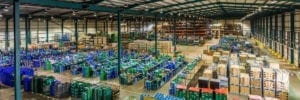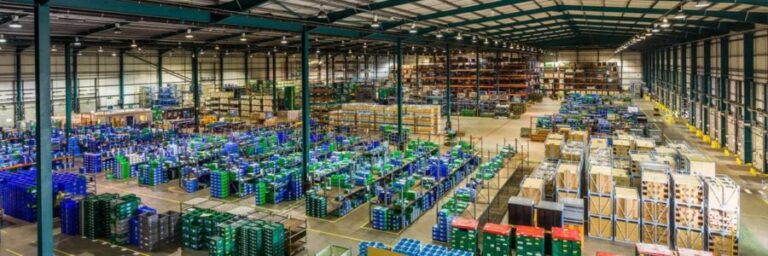Honda is to close its factory in Swindon in 2021, when the current model, the Civic, reaches the end of its lifecycle. Some 3,500 jobs at Honda of the UK Manufacturing will be affected along with an estimated 10,000 jobs in Honda’s supply chain.
The Swindon plant currently produces 150,000 cars a year, some 90 per cent of which are exported to the European Union and the United States.

Logistics for the Swindon plant is managed by Honda Logistics UK, which operates from a logistics facility at South Marston near the factory on the outskirts of Swindon.
Its transport department dispatches 350 loads a day with a turnaround time of 46 minutes between Honda Logistics UK and the main Honda manufacturing plant.
Honda Logistics UK also offers services to companies outside Honda including: logistics, warehouse management, training, packaging design and quality assurance.
Honda said that after the closure of the Swindon plant, the company’s European HQ would continue to be located in the UK.
Katsushi Inoue, president of Honda Motor Europe, said: “In light of the unprecedented changes that are affecting our industry, it is vital that we accelerate our electrification strategy and restructure our global operations accordingly. As a result, we have had to take this difficult decision to consult our workforce on how we might prepare our manufacturing network for the future. This has not been taken lightly and we deeply regret how unsettling today’s announcement will be for our people.”
Mike Hawes, chief executive of the Society of Motor Manufacturers and Traders, said: “Today’s announcement is a huge blow to UK automotive manufacturing, and for the Honda plant’s highly skilled and productive workforce. Whilst production will continue in Swindon until 2021, giving government and industry time to help affected employees and the local supply chain which supports a further 10,000 jobs, this is, nevertheless, devastating news.
“The challenges facing Honda are not unique. The global automotive industry is facing fundamental changes: technological, commercial and environmental, as well as escalating trade tensions, and all manufacturers are facing difficult decisions. The UK should be at the forefront of these changes, championing its competitiveness and innovation, rather than having to focus resources on the need to avoid a catastrophic ‘no-deal’ Brexit.”







